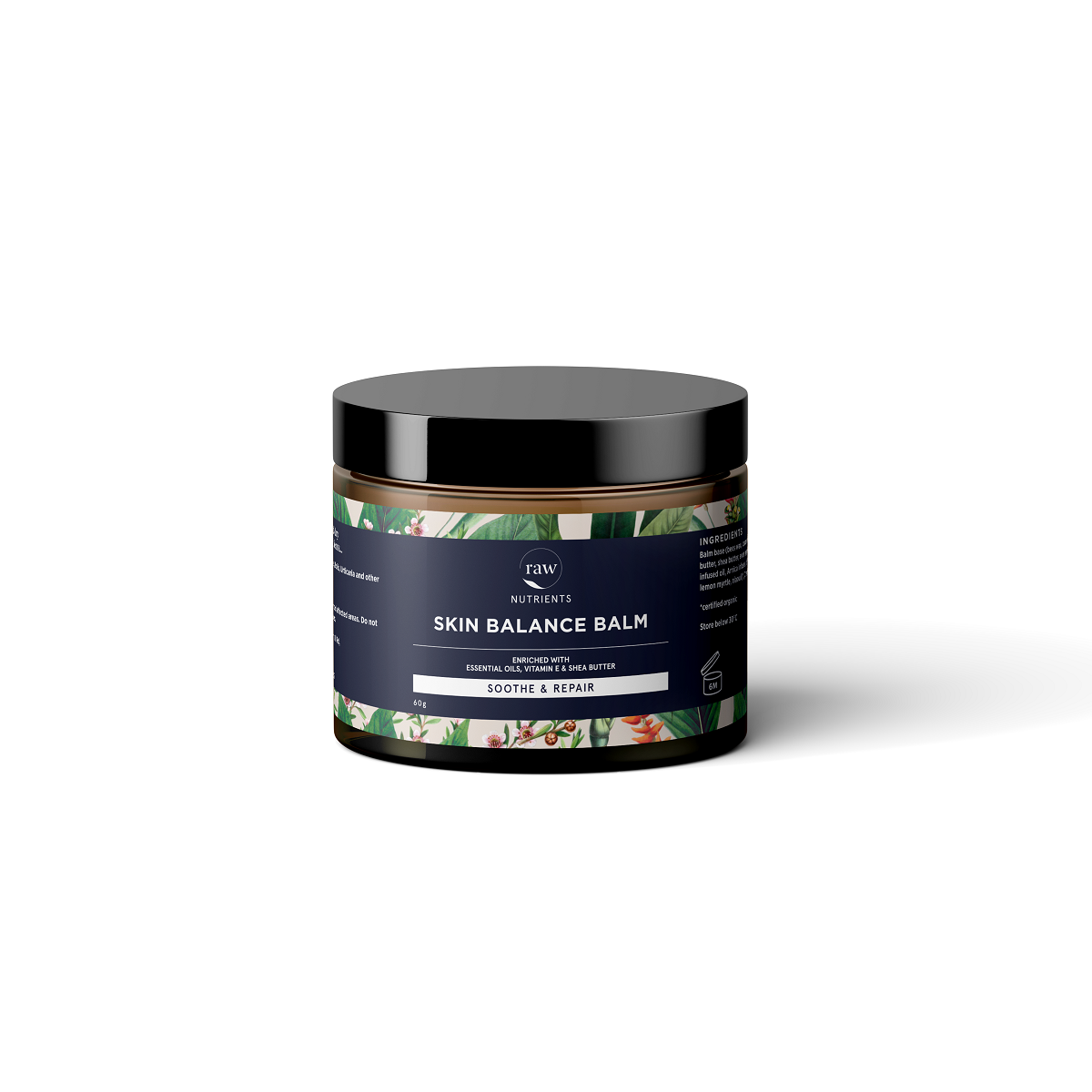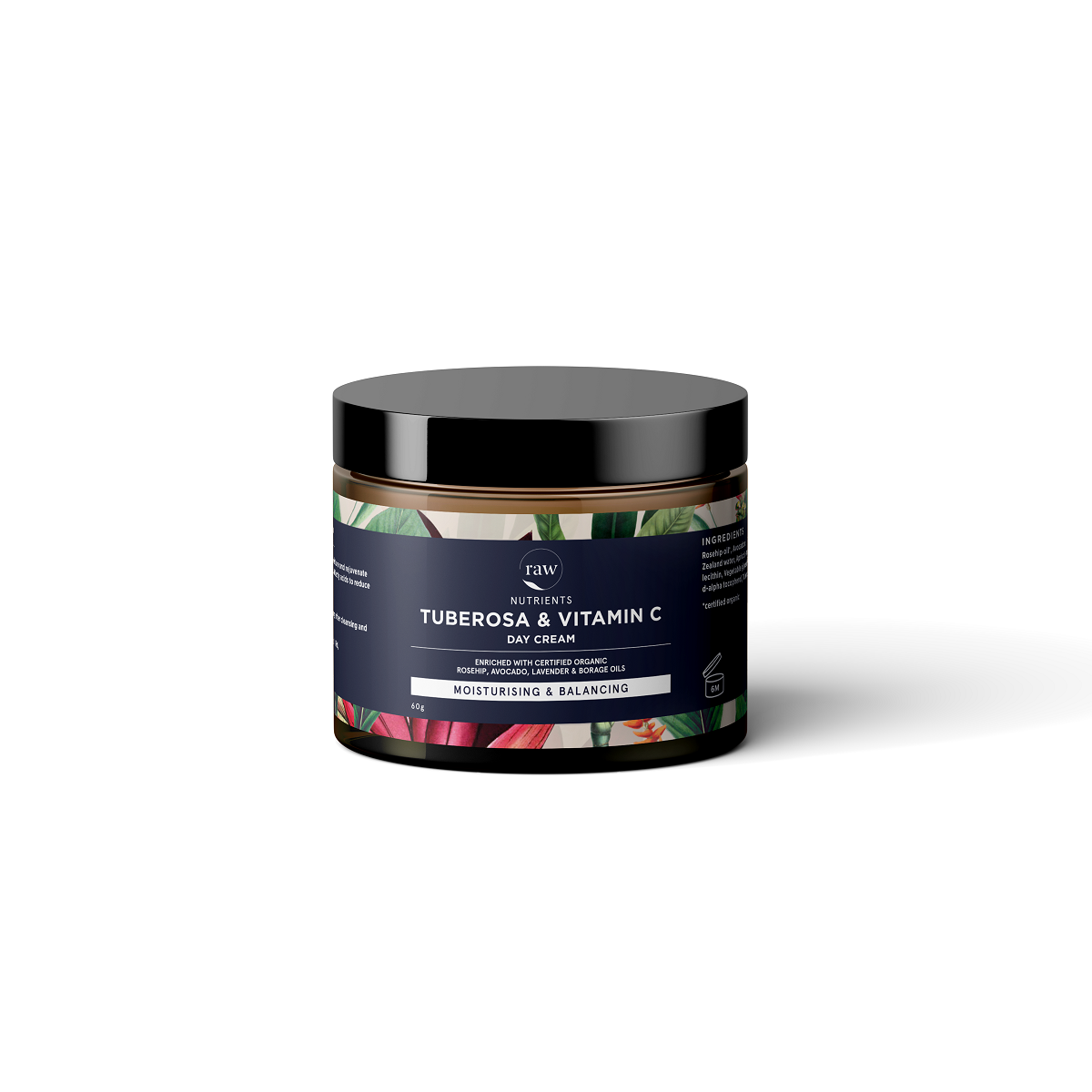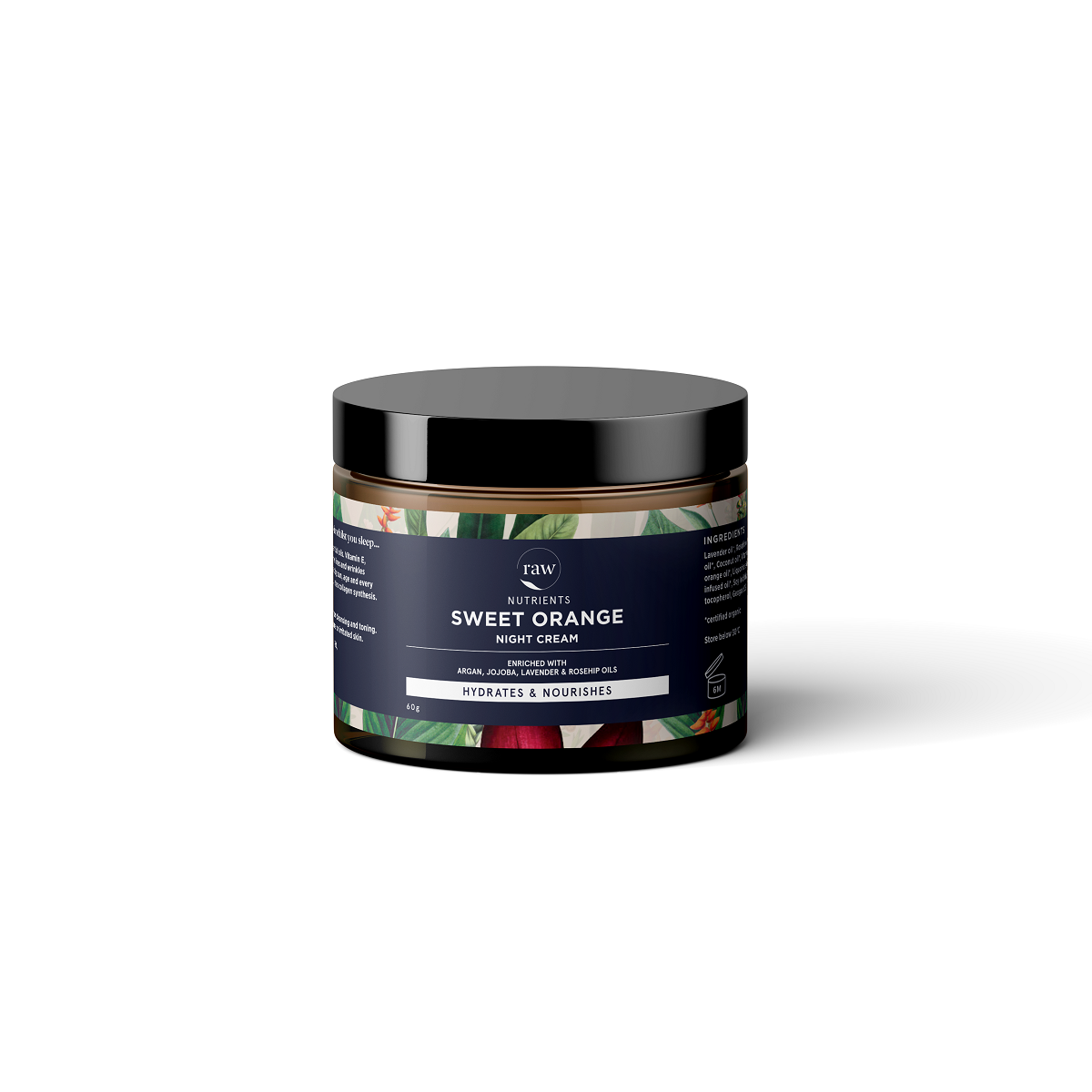-
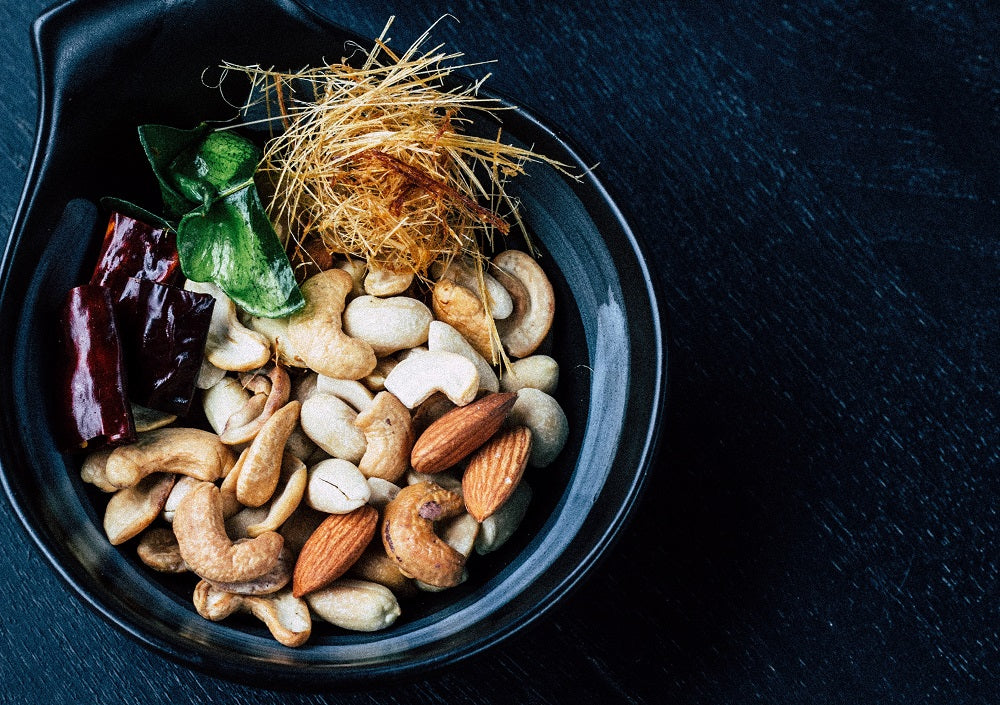
Think about zinc!
Zinc plays many important roles in your body. This essential dietary mineral is involved in metabolism processes, hel...
-
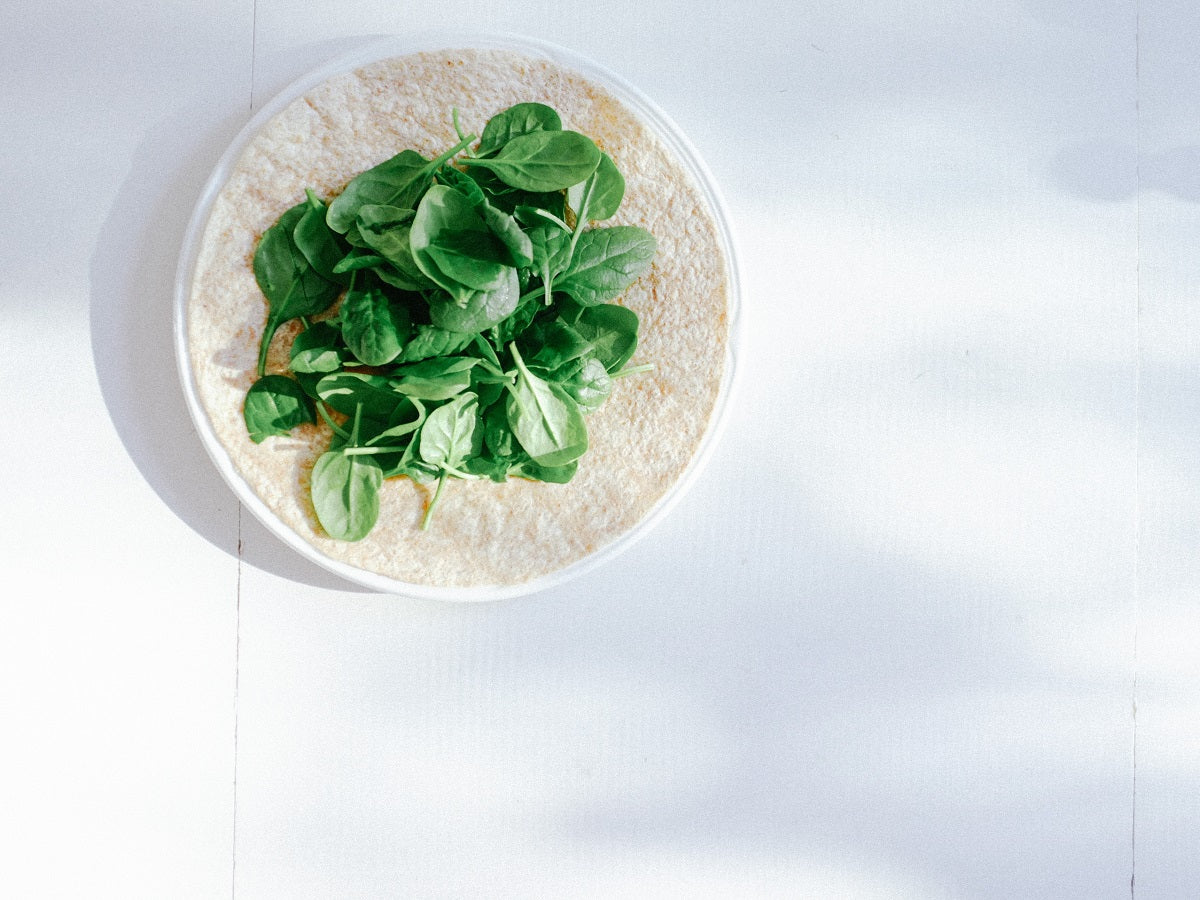
Magnesium; Are We Consuming Enough?
There is widespread magnesium deficiency, and given the importance of magnesium in the body, it is but essential to r...
-
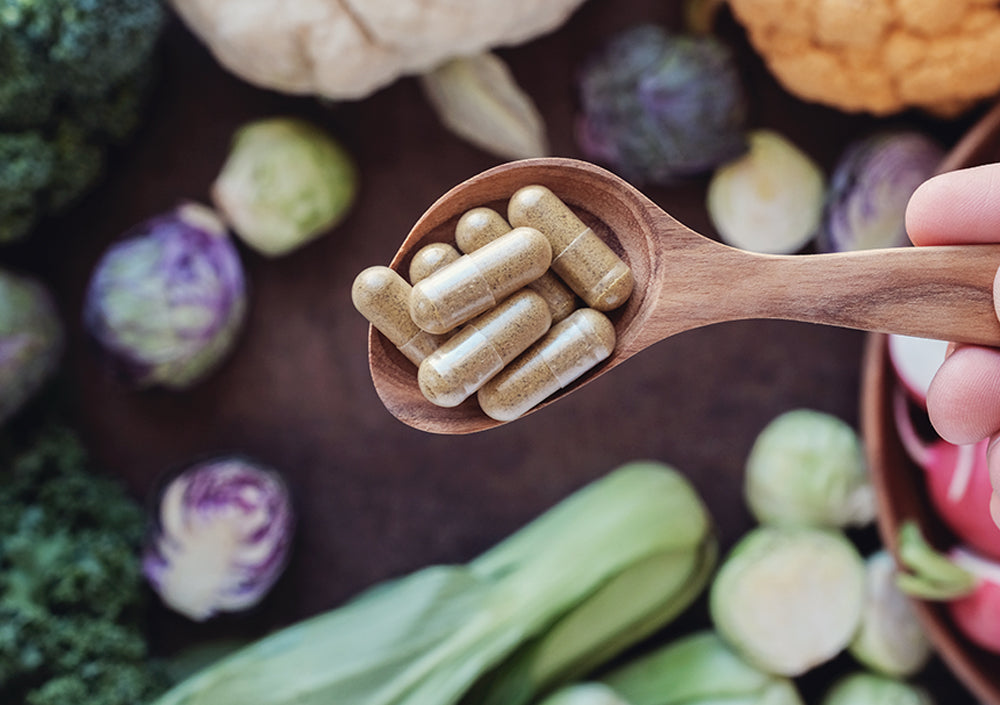
Probiotics; When & how do they work best?
Your gastrointestinal system comprises different microorganisms. The gut bacteria play a vital role in the health and...
-
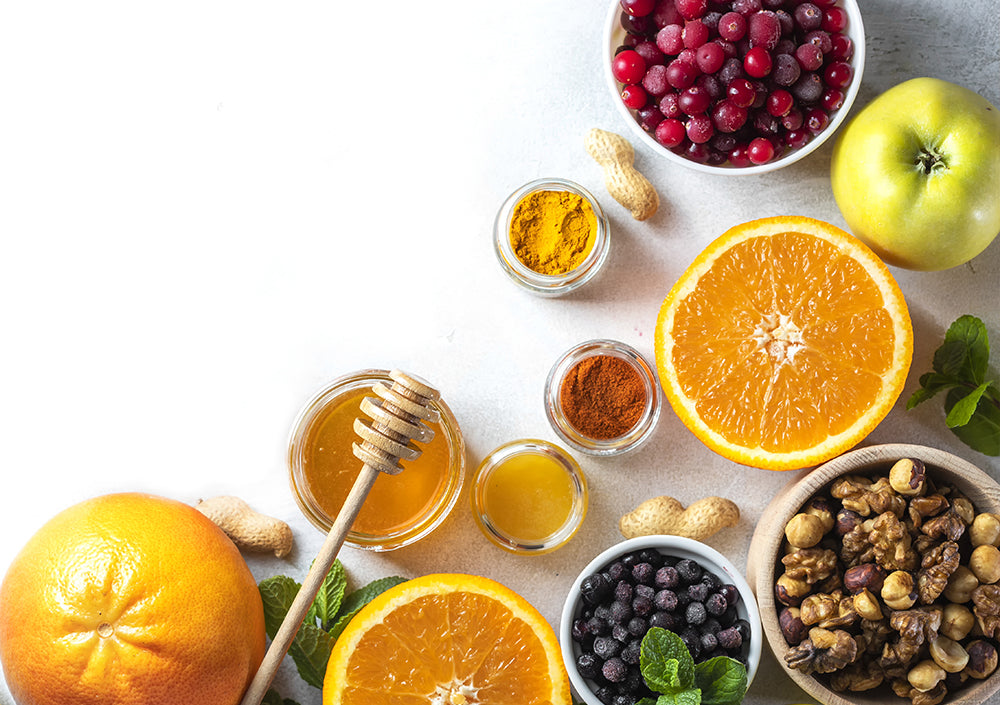
Vitamin C; How does it benefit wellness?
Vitamin C has gained popularity as an antioxidant. However, research claims that it can act as both an antioxidant an...
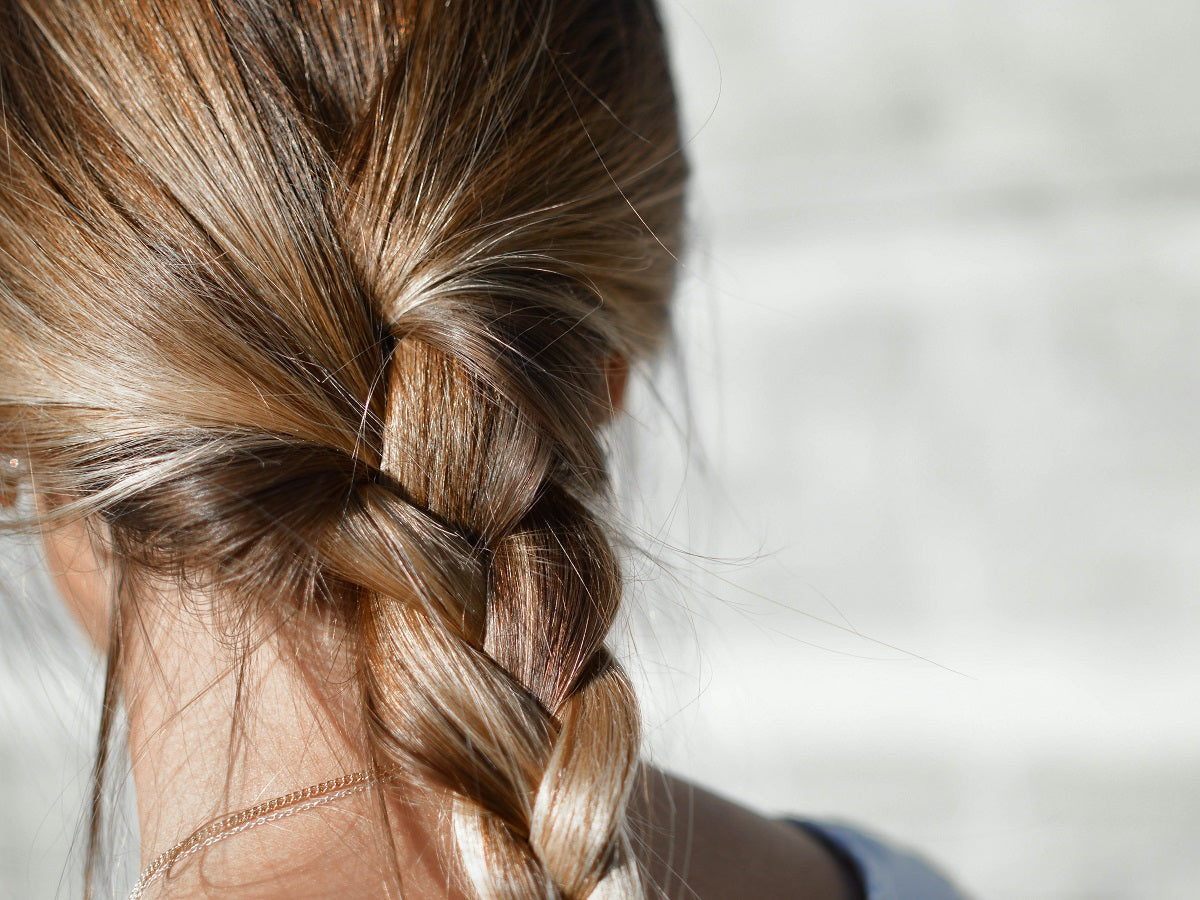
Why hair loss could be related to your diet and how to grow a head of thick glossy hair!
Hair loss is a condition in which the hair falls out from the scalp. A fat-rich diet is often linked to hair loss compared with a traditional Asian diet based on plant foods and modest fat use. When you eat a plant diet, your body produces more sex hormone–binding globulin, which controls the production and activity of testosterone.
Studies find a link between hair loss and insulin resistance. Cells, especially in muscles and liver, respond to the accumulation of fat and become unresponsive to insulin. This further causes metabolic changes that can hinder circulation of blood to hair follicles, further affecting hair growth.
Dermal microcirculation helps maintain blood supply to the follicles and roots. Contrarily, an insufficient supply of blood may result in hair follicle disease, resulting in hair loss.
What Affects Hair Growth
Androgenic alopecia affects both men and women. Androgens are known to affect a range of functions of the skin. This includes hair growth, sebaceous gland proliferation, and wound healing. They are master players in human hair growth, besides other hormones.
High levels of dihydrotestosterone are to be blamed for androgenic alopecia. DHT binds to the androgenic receptor and drastically reduces anagen phase, causing hair loss.
Hair loss may be related to diet and often occurs in people who experience rapid weight loss. Another cause of hair loss could be overactive or underactive thyroid. People on a vegetarian or vegan diet tend to increase soy intake. As a result, soy could affect the thyroid gland. This is true in cases where iodine levels are not sufficient. In that case, it is important to replenish your iodine levels from a supplement to prevent hair loss problems.
A study examined the role of the Mediterranean diet in alleviating the risk of AGA. The study revealed emphasized the protective effects for AGA in dietary consumption of raw vegetables and fresh herbs. It is believed that fresh herbs and salad, which are rich in carotenoids, polyphenols, and phytochemicals may reduce the risk of alopecia.[1]
Phenolic compounds and vitamins are believed to offer support for hair health.
- Vitamin C plays a significant role in blood vessel formation, stimulating vascular endothelial growth factor that helps restore blood supply to cells and tissues and promotes the growth of blood vessels. This ensures that any cells and tissues deprived of oxygenated blood get its adequate supply. When the blood circulation to the scalp is increased, hair loss is reduced.
- Vitamin D receptors are crucial to normal hair growth cycle and deficiency is linked to reduced epidermal differentiation. Alopecia is known to result from the homozygous knockout of murine vitamin D receptor. There is a connection between Vitamin D deficiency and alopecia or spot baldness.
- B7 deficiency is also associated with alopecia. Thus biotin supplementation can help with hair loss prevention.
- L-cysteine and retinol are believed to boost hair density and anagen rate. When combined with copper and histidine, L-cysteine supplementation is linked to total hair count increase in patients with alopecia. So L-cysteine is believed to boost hair health.
- L-lysine is another amino acid that plays a crucial role in reducing hair shedding in patients with chronic telogen affluvium.
- Silibinin is believed to play an effective antioxidant role in preventing cutaneous problems. Research finds that Silibinin promotes proliferation and hair induction through the activation of AKT serine/threonine kinase pathways. So it is believed to induce hair growth.[2]
Ginseng
The traditional Chinese hair loss medicine is widely popular as ginseng. It contains polysaccharides, saponins, and phenolic compounds. Research finds that it may promote hair growth through the synergistic effect of its major constituents - ginsenosides.[3]
Annurca Apple
Annurca Apple is thought to induce hair growth by enhancing keratin formation.[4] Successful studies of Annurca Apple point toward its role in increasing hair growth and density and keratin content. A study claims its effect as a nutraceutical on hair growth.
Allium sativum L.
Rich in lipids, fiber, carbs, proteins, vitamins C and A, magnesium, potassium, phosphorus, sodium, calcium, and iron, garlic contains organic sulfur compounds that help induce hair growth.
One research study finds the efficacy of topical garlic gel on hair growth.[5]
Camellia sinensis (L.) Kuntze/tea extracts
Research on various cosmetic applications of plant extracts shows a connection between hair growth and tea. Tea extracts are particularly effective due to their rich composition, which boost its nutritional profile, from antioxidant to photoprotective, anti-hyaluronidase, and anti-inflammatory.
Tea plant itself and its extracts are rich in polyphenols and thus believed to ameliorate skin damage. It is touted to help improve the skin and stimulate hair growth.[6]
Rosemary
Another herb that helps stimulate hair growth is rosemary. Topical application on the scalp is likely to help with hair growth. In a lab study, it was found that rosemary extract reined in hair loss and promoted hair growth.[7]
Capsicum
The vegetable is known for its high nutritional value and spicy nature. Red bell pepper is known as a natural hair growth stimulator. Studies find that capsicum is highly effective in hair loss cure. It is believed to improve blood circulation in the scalp and one of the best remedies for hair loss. Additionally, it is loaded with antioxidants, carotenoids, and vitamins A and C. Black pepper helps strengthen hair roots and rejuvenate the follicles.
Conclusion
There is a need for holistic treatments when it comes to hair loss, which is a symptom of various problems. This includes physical or cosmetic treatments, which could help stimulate significant hair growth.
References
[1] Fortes, C., Mastroeni, S., Mannooranparampil, T., Abeni, D., & Panebianco, A. (2018). Mediterranean diet: fresh herbs and fresh vegetables decrease the risk of Androgenetic Alopecia in males. Archives of dermatological research, 310(1), 71–76. https://doi.org/10.1007/s00403-017-1799-z
[2] Cheon, H. I., Bae, S., & Ahn, K. J. (2019). Flavonoid Silibinin Increases Hair-Inductive Property Via Akt and Wnt/β-Catenin Signaling Activation in 3-Dimensional-Spheroid Cultured Human Dermal Papilla Cells. Journal of microbiology and biotechnology, 29(2), 321–329. https://doi.org/10.4014/jmb.1810.10050
[3] Park, G. H., & et. al. (2015). Red ginseng extract promotes the hair growth in cultured human hair follicles. Journal of medicinal food, 18(3), 354–362. https://doi.org/10.1089/jmf.2013.3031
[4] Riccio, Gennaro & Sommella, Eduardo & Badolati, Nadia & Salviati, Emanuela & Bottone, S. & Campiglia, Pietro & Dentice, Monica & Tenore, Gian Carlo & Stornaiuolo, Mariano & Novellino, Ettore. (2018). Annurca Apple Polyphenols Protect Murine Hair Follicles from Taxane Induced Dystrophy and Hijacks Polyunsaturated Fatty Acid Metabolism toward β-Oxidation. Nutrients. 10. 1808. 10.3390/nu10111808.
[5] Hajheydari, Z., Jamshidi, M., Akbari, J., & Mohammadpour, R. (2007). Combination of topical garlic gel and betamethasone valerate cream in the treatment of localized alopecia areata: a double-blind randomized controlled study. Indian journal of dermatology, venereology and leprology, 73(1), 29–32. https://doi.org/10.4103/0378-6323.30648
[6] Koch, W., Zagórska, J., Marzec, Z., & Kukula-Koch, W. (2019). Applications of Tea (Camellia sinensis) and its Active Constituents in Cosmetics. Molecules (Basel, Switzerland), 24(23), 4277. https://doi.org/10.3390/molecules24234277
[7] Murata, K., Noguchi, K., Kondo, M., Onishi, M., Watanabe, N., Okamura, K., & Matsuda, H. (2013). Promotion of hair growth by Rosmarinus officinalis leaf extract. Phytotherapy research : PTR, 27(2), 212–217. https://doi.org/10.1002/ptr.4712
You might be interested in...
Raw Resources
Read About the Science Behind the Supplements

